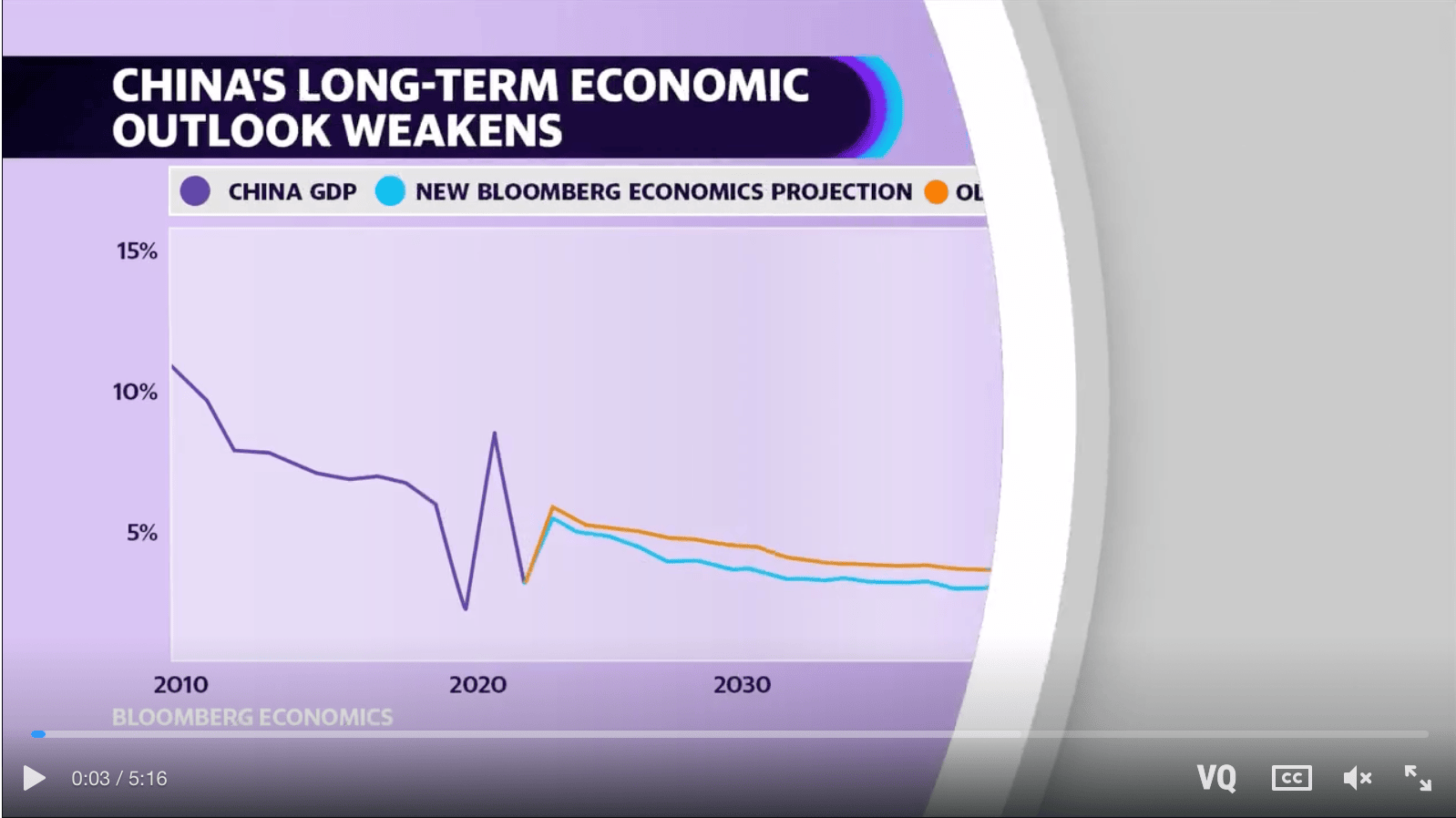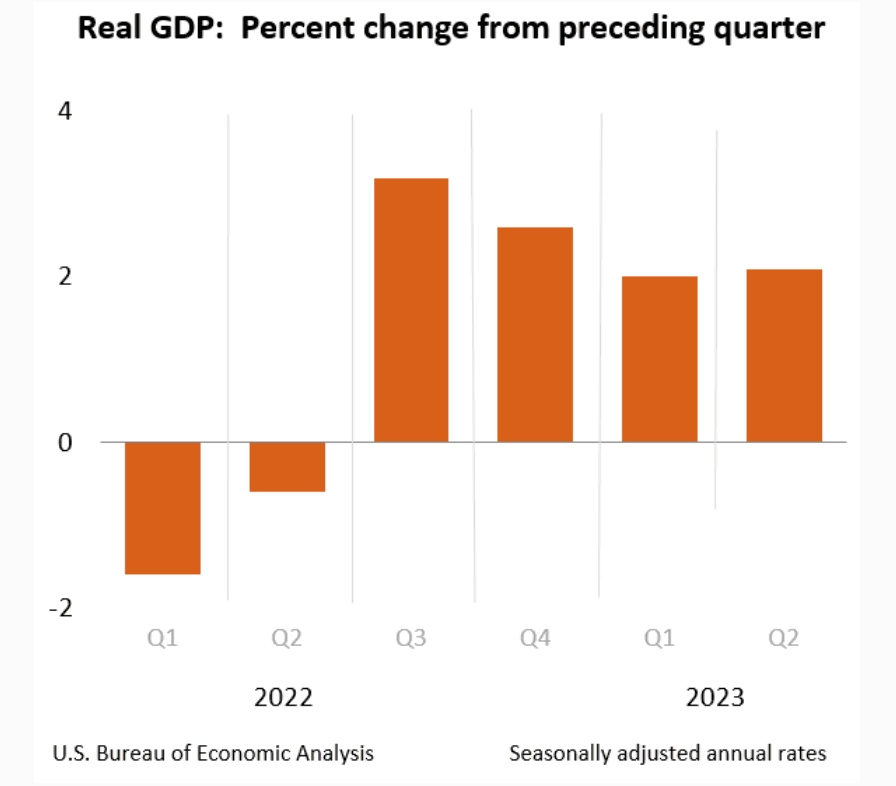China’s economic slowdown is emerging as a significant concern for the US economy, potentially altering its course.
New data released on Tuesday indicates that China’s service sector activity hit an eight-month low in August.

Economists at EY believe that this deceleration in the world’s second-largest economy could introduce headwinds to an otherwise resilient US economy.
EY’s chief economist, Greg Daco, and senior economist, Lydia Boussour, expressed their concerns in a recent note: “While there is growing optimism about a ‘soft landing’ for the US economy, global challenges still cloud the horizon with China’s economic turmoil emerging as a top risk.
Economic activity in China has weakened significantly in recent months, and stress in the property sector has resurfaced, posing downside risks to the macro and business outlook.”
China’s annual economic growth, which experienced massive increases over recent decades, slowed to a 2% annual rate in 2022, marking its lowest rate since 1976.
Hopes for a rebound in 2023 following the easing of Covid restrictions have been slower to materialize.
In the second quarter, China’s GDP grew at a 6.3% annual rate, falling short of Wall Street’s expectations due to a slowdown in property investment and declining consumer confidence.
This underwhelming growth prompted Wall Street firms to revise their growth projections for the year.
Although the US economy maintains a relatively small trade exposure to China, recent research by Wells Fargo suggests that a “hard landing” in China, characterized by a substantial growth slowdown, would only modestly affect US growth.
Wells Fargo’s model, based on Oxford Economics, predicts flat growth for the Chinese economy in 2024, a contraction of 2.6% in 2025, followed by a rebound to an annual growth rate of 2.7% in 2026.
Consequently, this potential “growth shock” in China would reduce US GDP by just 0.1 percentage point in 2024 and 0.2 percentage points in 2025.

EY’s economists acknowledge the limited direct trade exposure of the US economy to China. However, they caution that a “China growth scare” leading to a tightening of global financial conditions could amplify the impact.
This tightening could initiate a feedback loop where declining stock prices coincide with surging bond yields, contributing to market volatility amid weakened business and consumer confidence, ultimately slowing economic growth.
EY’s economists emphasize the ongoing resilience of the US economy. Still, they anticipate that economic activity will become increasingly sensitive to external shocks as domestic demand wanes, offering less of a growth buffer.
(Source: Yahoo Finance)
⬇️ More from thoughts.money ⬇️



